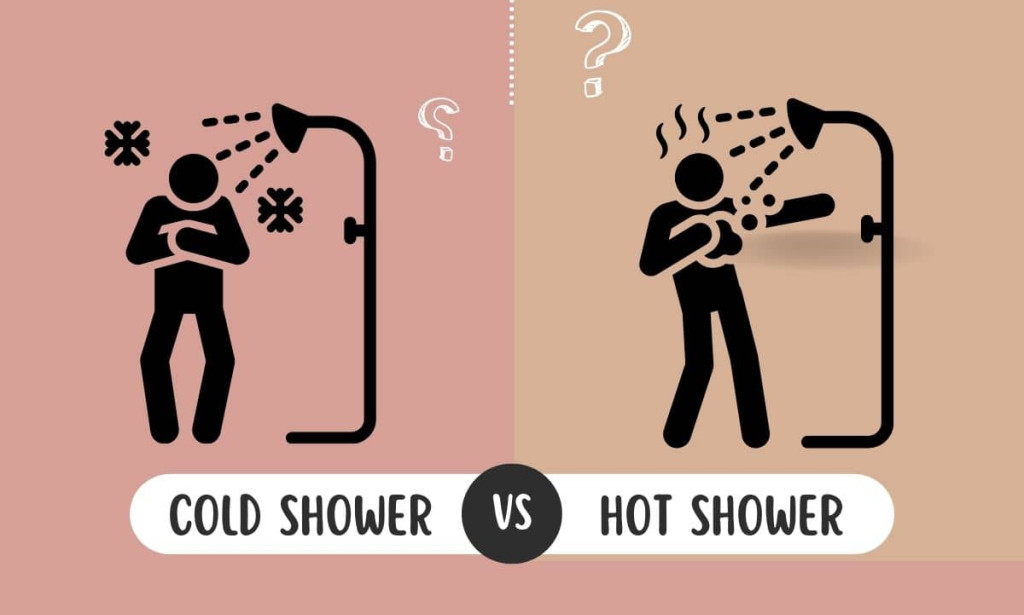Cold Showers vs. Hot Showers: Which Is Better for Your Health?
Taking a shower might seem like a simple daily habit, but the temperature of your water can make a big difference in how your body feels and functions. Both cold showers and hot showers have unique health benefits — and understanding when to use each can help you boost your energy, improve your skin, and even reduce stress. Let’s dive into the science behind both and see which one comes out on top.
The Benefits of Cold Showers
Cold showers — typically below 70°F (21°C) — are known for their refreshing and stimulating effects. While the initial shock might be uncomfortable, the benefits are worth it.
1. Boosts Energy and Alertness
Cold water instantly wakes you up. When your body is exposed to cold, your heart rate increases and your breathing deepens, sending more oxygen throughout your body. This gives you a natural energy boost and helps you feel more alert — perfect for early mornings.
2. Improves Blood Circulation
Cold water causes your blood to move faster to maintain body temperature, which improves circulation. Better circulation supports heart health, muscle recovery, and glowing skin.
3. Strengthens Immunity
Studies suggest that cold exposure can increase white blood cell production, helping your body fight off illness. Regular cold showers might make your immune system more resilient over time.
4. Reduces Muscle Soreness
Athletes often use ice baths after workouts — and for good reason. Cold showers can help reduce inflammation and muscle soreness, making them great after exercise.
5. Improves Mood and Mental Health
Cold showers trigger the release of endorphins and norepinephrine, chemicals that improve mood and reduce symptoms of stress and depression.
The Benefits of Hot Showers
Hot showers, typically around 100–105°F (37–40°C), are soothing and relaxing. They’re especially helpful at the end of a long day or before bedtime.
1. Relieves Muscle Tension
Warm water helps relax muscles and joints, making it ideal for relieving stiffness, cramps, or soreness. It can also ease tension headaches and joint pain.
2. Improves Sleep Quality
Taking a hot shower before bed can help you fall asleep faster. The drop in body temperature afterward signals your body that it’s time to rest, promoting deeper, more peaceful sleep.
3. Opens Pores and Cleanses Skin
Hot water opens up pores, helping remove dirt and oil more effectively. It’s great for cleansing, but make sure to follow with moisturizer — as hot water can also dry out your skin if overused.
4. Reduces Stress and Promotes Relaxation
A warm shower has a natural calming effect. It can help lower cortisol levels, relax your mind, and reduce anxiety after a stressful day.
Which One Is Better?
The answer depends on your goal. Choose cold showers to boost energy, improve circulation, and strengthen immunity. Go for hot showers to relax, relieve tension, and unwind.
For the best of both worlds, try contrast showers — alternating between hot and cold water. This method improves circulation, boosts mood, and keeps your body balanced.



You must be logged in to post a comment.